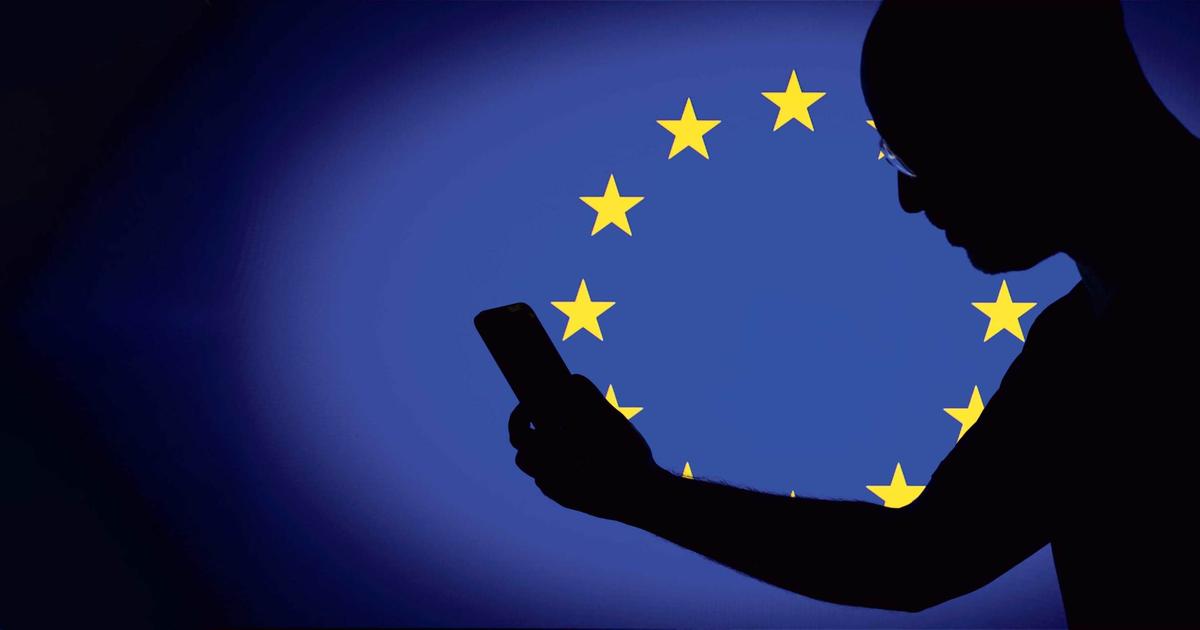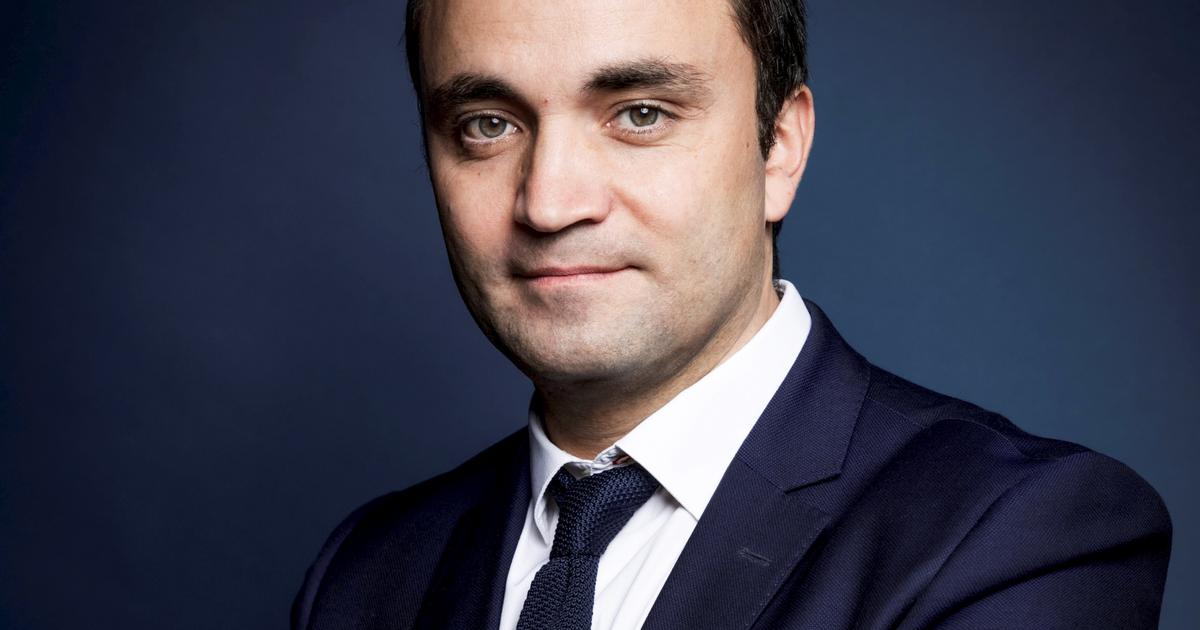The pandemic has been the perfect excuse for launching disinformation campaigns against Europe. Brussels warned of this last year and accused Russia and China of distributing hoaxes and manipulated news to try to undermine the democratic debate, exacerbate the division among the Twenty-Seven and improve their own image. Germany is, according to the EU, the main target of these campaigns, especially the Russian ones. And that is why the threats looming over the September general elections are of particular concern. Both independent experts and the Government itself warn about possible attacks, from
hacks
(illegal access to third-party computer systems to manipulate them or steal information) to disinformation campaigns to influence public opinion.
There are less than three months until crucial elections for Germany and for all of Europe and some foreign powers have a special interest in destabilizing the country, explains Michael Meyer-Resende, executive director of the organization Democracy Reporting International (DRI). “It is the end of the Merkel era, and the weakening of the traditional parties points to a reorientation of German politics. The political frictions generated by the pandemic and the measures imposed increase the risk of political extremism, especially if there is a fourth wave [of infections] and with it new restrictions ”, he assures. The traditional parties, Merkel's CDU and the SPD Social Democrats, who now rule in coalition, are more weakened than four years ago. In the 2017 elections they obtained 52% of the votes,whereas now the polls attribute around 42% to them.
Russia, especially, and perhaps China, "have an interest in portraying democracies as weak and unstable, so that their authoritarian and repressive models appear more attractive by comparison," says Meyer-Resende, co-author of a recent report on
online
risks.
of the German elections based on expert conferences held in April.
A long and complicated process to decide which coalition will govern "would be attractive to foreign countries because German democracy would appear less stable."
Not to mention specific interests, for example the fact that Russia knows that the presence of the Greens in a coalition would harden the vision of a future German government on issues such as the controversial Nord Stream 2 gas pipeline, the conflict in Ukraine or repression. of the opposition in that Central European country.
More information
The paradox of cyberattacks: how hackers take advantage of advances to protect security
"The handling of data will be a threat to national security in the future"
The German federal cybersecurity agency, the BSI, has found a sustained increase in
hacking
attempts
and irregular access to data. "The threat level of cyber attacks against the integrity of elections is high," warns its president, Arne Schönbohm. The agency has produced a specially tailored security guide for federal and state election candidates (in addition to renewing the Bundestag, parliaments in Berlin, Mecklenburg-Western Pomerania and probably Thuringia are elected in September) that shows the potential dangers and precautionary measures. Due to the pandemic, most parties have moved their electoral machinery to the internet, which "increases the field for cyber attacks," adds Schönbohm. In the absence of rallies, personal contacts in visits or events open to the public, the exchange between politicians and their potential voters basically takes place digitally.
For the BSI, disinformation campaigns are a growing problem for German politics. The objective is to unsettle public opinion, destabilize, and for this many times the discredit of individual politicians is resorted to. But hacker attacks targeting party infrastructures are also on the rise. It happened during the Conservatives' congress that elected Merkel's successor to head the CDU in January. The
hackers
tried to cause chaos in the congress by bombarding the training website with traffic to try to saturate the server. According to
Deutsche Welle
, they got to get it. The server crashed and the event's live feed was cut off. The party's technicians regained control by blocking access from outside Germany. Delegates were finally able to elect their new leader, Armin Laschet, through a voting system hosted on another server. The technicians had taken that precaution precisely because they expected attacks to occur.
The DRI report, prepared in collaboration with academic institutions, civil society foundations and political parties, points to an added difficulty in controlling disinformation.
Germany, which regulates traditional electoral advertising to the millimeter (where and how long posters can be hung, for example), has not yet done so with
online
advertising
.
It is not known who pays or how much for someone to see some information on their social networks.
"This opens the door to campaigns of hidden influence, as well as a fragmentation of political discourse: different segments of the electorate are shown different things without anyone else noticing," Meyer-Resende explains.
Other risks
Another risk that experts mention in the face of the elections is the use of stolen data that could serve to blackmail the candidates or to disseminate information obtained illegally. Last March, the weekly
Der Spiegel
reported that Russian hackers had launched a
phishing
cyberattack.
(identity theft) against dozens of deputies of the Bundestag and other regional parliaments. According to this medium, they were politicians from the CDU and the SPD to whom the pirates sent false emails, but with the appearance of truth, to access the content of their devices. It is not known if they obtained relevant information. In this sense, the so-called hybrid attacks, complex operations that often combine data theft with the placement of distorted information on social networks, are of concern.
Sow doubt, increase distrust towards governments, polarize. They are the objectives of this type of attack, which in the case of Germany could add another peculiarity. A political party, the main one in the opposition by number of votes in the last elections, is copying Donald Trump's recipe and is already talking about electoral fraud.
The far-right formation Alternative for Germany (AfD) has begun to circulate the possibility of a fraud with the vote by mail. The counting of these ballots arrives late on election night, so changes in the percentages may occur during the day. Generally, these do not favor parties like AfD, which ask their voters to vote in person at the ballot box. "Talking about fraud gives them good reason to explain below-expectations," says Meyer-Resende. One of his tips to try to avoid misinformation is to talk about it only when it is proven and its extension is known: "Campaigns that do not reach many people should be ignored so as not to make them bigger," he concludes.

/cloudfront-eu-central-1.images.arcpublishing.com/prisa/7RCZP76TLIU7ZN6WG4ZVHDM33U.jpg)







/cloudfront-eu-central-1.images.arcpublishing.com/prisa/Y3OO7L2MGUGR5X2A7MOEHZAMEM.jpg)

/cloudfront-eu-central-1.images.arcpublishing.com/prisa/KMEYMJKESBAZBE4MRBAM4TGHIQ.jpg)



